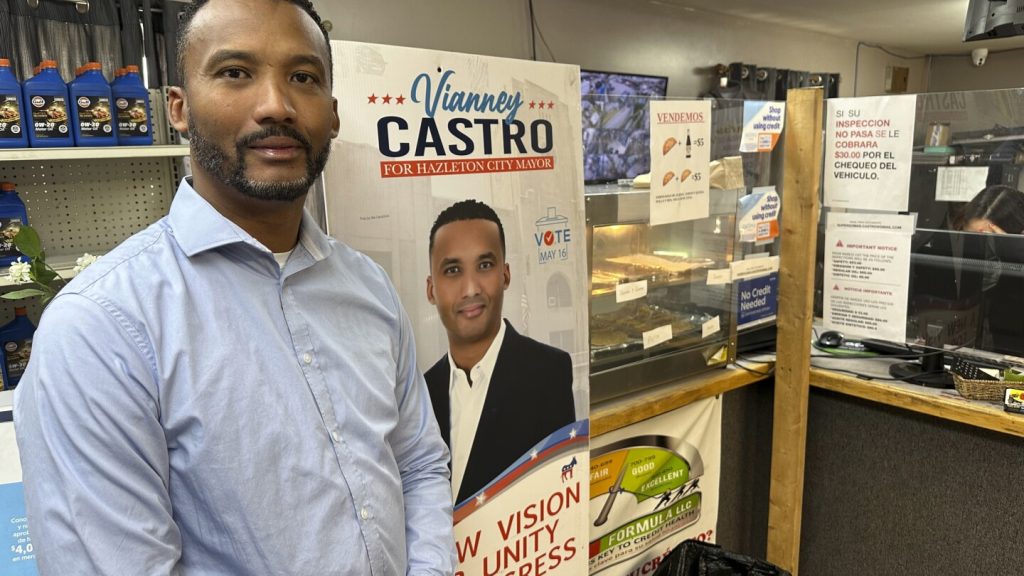The city of Hazleton, Pennsylvania, has seen a significant demographic shift in recent decades, with a large increase in the Latino population due to job opportunities and affordable housing. However, despite nearly two-thirds of students in the Hazleton Area School District being Hispanic, no Hispanic person has ever been elected to its school board. This has prompted a federal lawsuit challenging the district’s “at-large” election system, which the plaintiffs argue is preventing Hispanic representation and diluting their voting strength. The lawsuit claims that non-Hispanic white voters are using this system to maintain their control over the school board.
The plaintiffs in the lawsuit, two mothers of children enrolled in the district, argue that the school board has shown a lack of responsiveness to the needs of the Hispanic community, including issues such as disparate student discipline, unfair stereotypes in student registration procedures, inadequate staffing, lack of qualified translators, and poor communication with parents. The district’s requirements for residency proofs can also pose challenges for new immigrants who may lack stable living arrangements. Latino leaders in the area express concerns about overworked school translators, understaffing, and potential harsh disciplinary treatment for students with limited English skills.
While some argue that electing board members by region could be a fairer system, the current board members, including President Tony Bonomo, are hesitant to make such a change. The board’s lawyer has argued that the plaintiffs do not have grounds to sue under the Voting Rights Act and that voters are divided more by partisan political affiliation than by race and ethnicity. The Hazleton Area School Board uses an at-large election system that was adopted in 1989, replacing an older system where board members were elected from smaller regions within the district.
Similar challenges to the lack of minority representation in school boards have been seen in other parts of Pennsylvania, such as the Bethlehem Area School District. These issues highlight the growing pains that the state’s booming Latino population is experiencing as it works to translate its raw numbers into political power. State Representative Manny Guzman, a Democrat from Reading, emphasizes the importance of increasing voter turnout in Latino communities and building a bench of candidates within these areas. The U.S. Justice Department has also expressed support for private plaintiffs, like the two women suing the Hazleton district, to bring challenges under the Voting Rights Act.
Overall, the lawsuit against the Hazleton Area School District sheds light on broader issues of representation and voting rights in areas with growing Latino populations. As these communities seek to gain equal representation in local government, they face challenges related to residency requirements, language barriers, and discriminatory practices. The outcome of this case could set a precedent for how districts with diverse populations handle their election systems and ensure fair representation for all residents.


